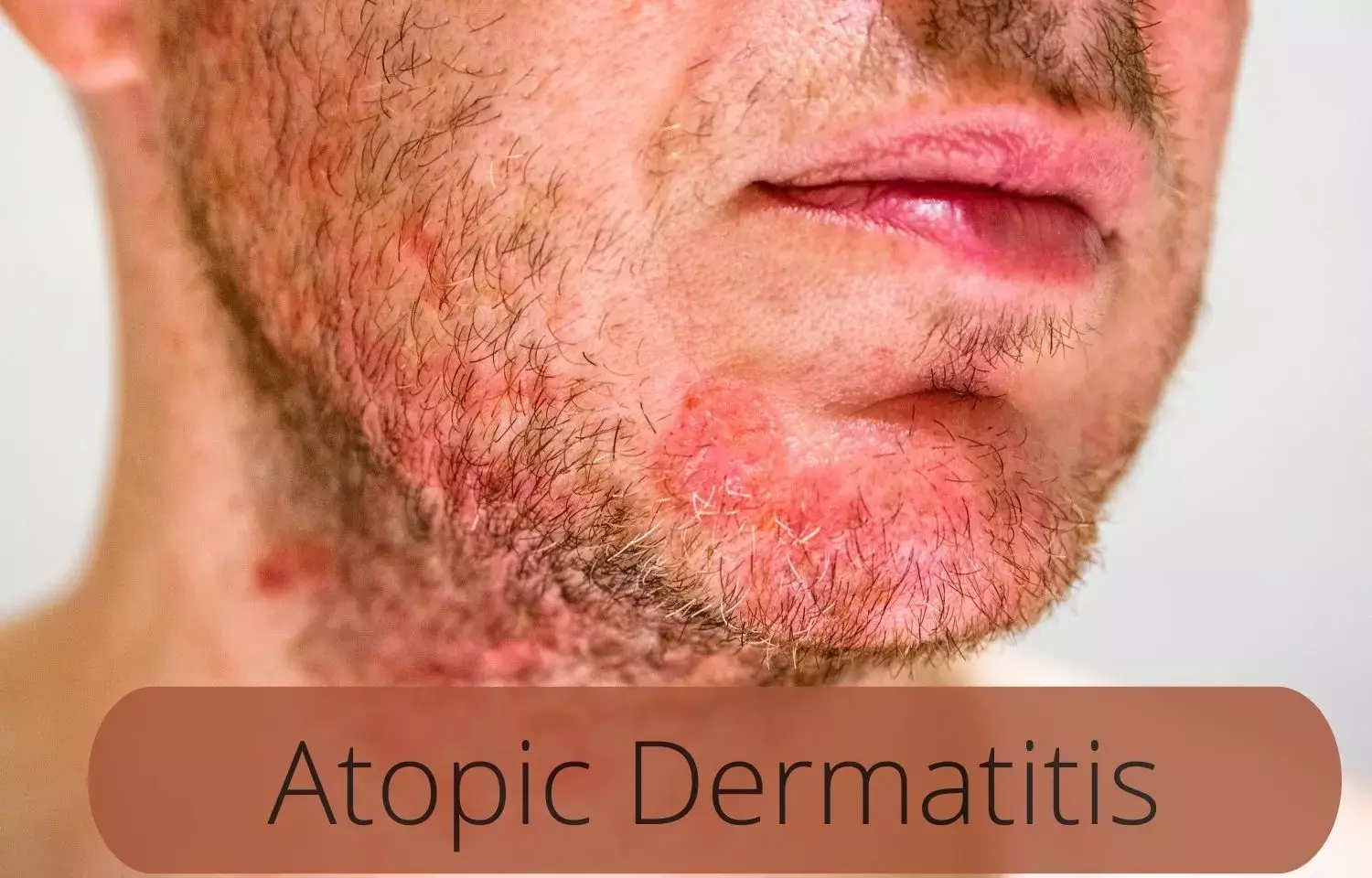- Home
- Medical news & Guidelines
- Anesthesiology
- Cardiology and CTVS
- Critical Care
- Dentistry
- Dermatology
- Diabetes and Endocrinology
- ENT
- Gastroenterology
- Medicine
- Nephrology
- Neurology
- Obstretics-Gynaecology
- Oncology
- Ophthalmology
- Orthopaedics
- Pediatrics-Neonatology
- Psychiatry
- Pulmonology
- Radiology
- Surgery
- Urology
- Laboratory Medicine
- Diet
- Nursing
- Paramedical
- Physiotherapy
- Health news
- Fact Check
- Bone Health Fact Check
- Brain Health Fact Check
- Cancer Related Fact Check
- Child Care Fact Check
- Dental and oral health fact check
- Diabetes and metabolic health fact check
- Diet and Nutrition Fact Check
- Eye and ENT Care Fact Check
- Fitness fact check
- Gut health fact check
- Heart health fact check
- Kidney health fact check
- Medical education fact check
- Men's health fact check
- Respiratory fact check
- Skin and hair care fact check
- Vaccine and Immunization fact check
- Women's health fact check
- AYUSH
- State News
- Andaman and Nicobar Islands
- Andhra Pradesh
- Arunachal Pradesh
- Assam
- Bihar
- Chandigarh
- Chattisgarh
- Dadra and Nagar Haveli
- Daman and Diu
- Delhi
- Goa
- Gujarat
- Haryana
- Himachal Pradesh
- Jammu & Kashmir
- Jharkhand
- Karnataka
- Kerala
- Ladakh
- Lakshadweep
- Madhya Pradesh
- Maharashtra
- Manipur
- Meghalaya
- Mizoram
- Nagaland
- Odisha
- Puducherry
- Punjab
- Rajasthan
- Sikkim
- Tamil Nadu
- Telangana
- Tripura
- Uttar Pradesh
- Uttrakhand
- West Bengal
- Medical Education
- Industry
Cold atmospheric plasma- promising treatment of atopic dermatitis

Atopic Dermatitis (AD) is a chronic inflammatory skin disease. The main clinical treatment of AD was topical hormonal drug used. Although they have good curative effect, their side effects are also obvious. So, it is urgent to find an effective and safe method to treat AD
Researchers led by Prof. NI Guohua from Hefei Institutes of Physical Science (HFIPS) of the Chinese Academy of Sciences (CAS), collaborated with Prof. Wang Dong from Anhui Medical University and have conducted a research that demonstrated cold atmospheric plasma (CAP) as a promising clinical application for the treatment of AD. In this research, the group used a self-developed plasma device to produce CAP, and treated AD mice with CAP.
The findings of the study have been published in the journal of Frontiers in Immunology,
The results showed that CAP could inhibit the DNFB-induced skin inflammation. Skin erythema and papules were significantly reduced, abnormal superficial skin thickening was improved, and inflammatory factors were restored.
They also clarified the mechanism in this paper. CAP promoted the expression of hypoxia-inducible factor-1 (HIF-1), which was interacted with the promoter region of the midbrain astrocyte-derived neurotrophic factor (MANF) gene to enhances the transcriptional expression of MANF.
MANF has been proved play a protectory effect in the inflammation via bind to the promotor region of NF-κB pathway. The group proved that CAP-induced HIF-1 up-regulation could promote MANF expression to inhibit AD.
References:
1. Leung DYM, Boguniewicz M, Howell MD, Nomura I, Hamid OA. New Insights Into Atopic Dermatitis. J Clin Invest (2004) 113(5):651–7. doi: 10.1172/jci200421060
2. Toncic RJ, Marinovic B. The Role of Impaired Epidermal Barrier Function in Atopic Dermatitis. Acta Dermatovenerologica Croatica (2016) 24(2):95-109.
3. Robida PA, Chumanevich AP, Gandy AO, Fuseler JW, Nagarkatti P, Nagarkatti M, et al. Skin Mast Cell-Driven Ceramides Drive Early Apoptosis in Pre-Symptomatic Eczema in Mice. Int J Mol Sci (2021) 22(15):7851. doi: 10.3390/ijms22157851
4. Ji HX, Li XK. Oxidative Stress in Atopic Dermatitis. Oxid Med Cell Longev (2016) 2016:2721469. doi: 10.1155/2016/2721469
5. Clore JN, Thurby-Hay L. Glucocorticoid-Induced Hyperglycemia. Endocrine Pract (2009) 15(5):469–74. doi: 10.4158/ep08331.rar
Dr Kamal Kant Kohli-MBBS, DTCD- a chest specialist with more than 30 years of practice and a flair for writing clinical articles, Dr Kamal Kant Kohli joined Medical Dialogues as a Chief Editor of Medical News. Besides writing articles, as an editor, he proofreads and verifies all the medical content published on Medical Dialogues including those coming from journals, studies,medical conferences,guidelines etc. Email: drkohli@medicaldialogues.in. Contact no. 011-43720751


